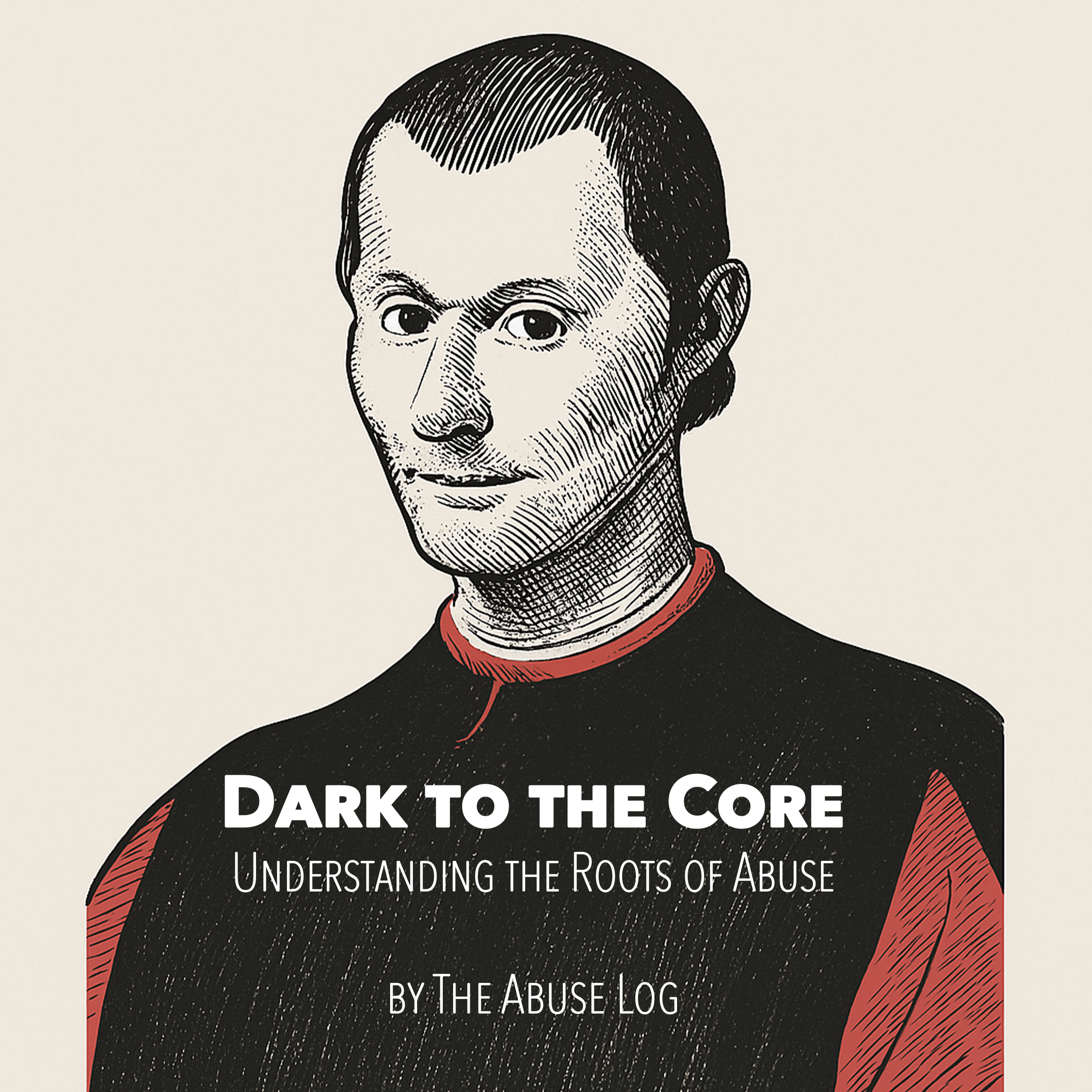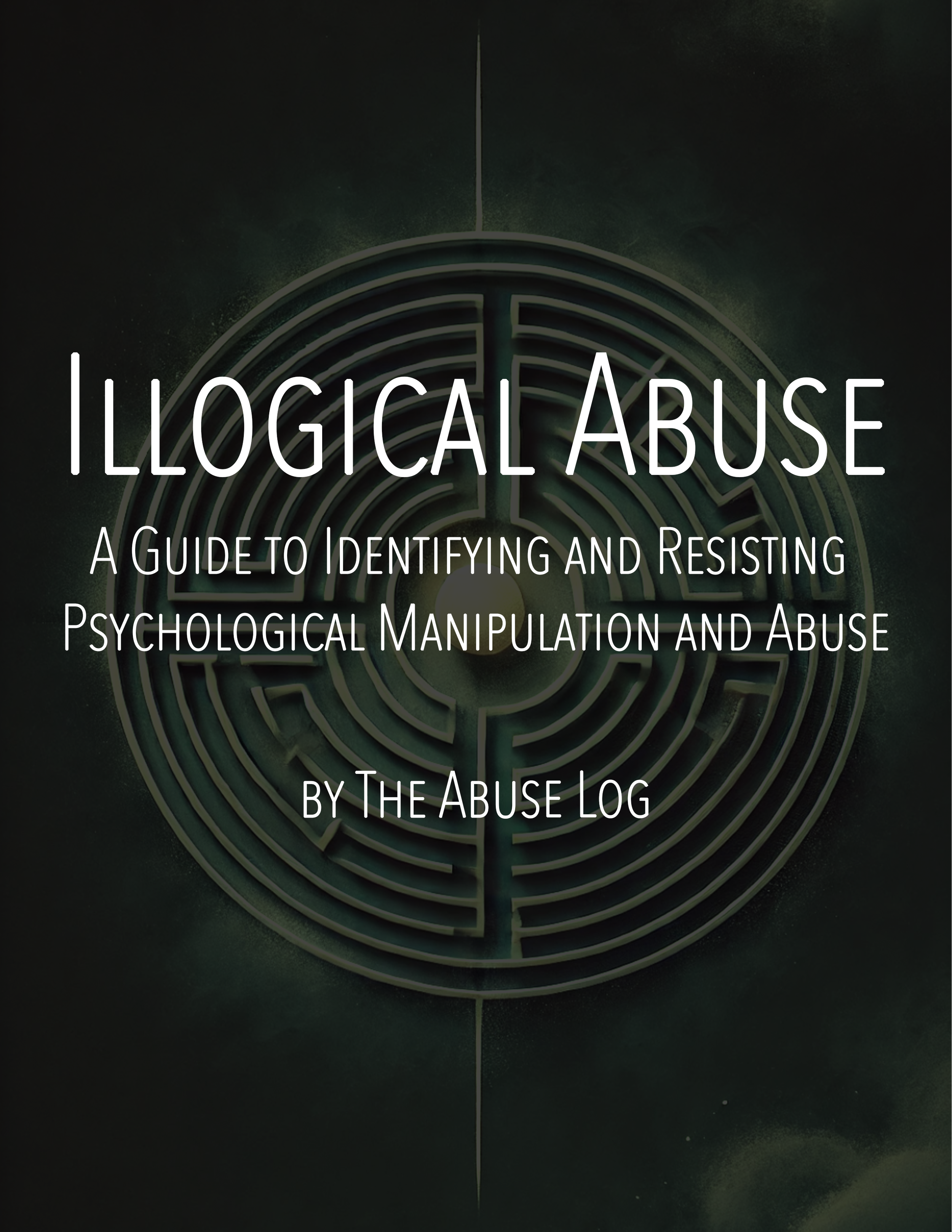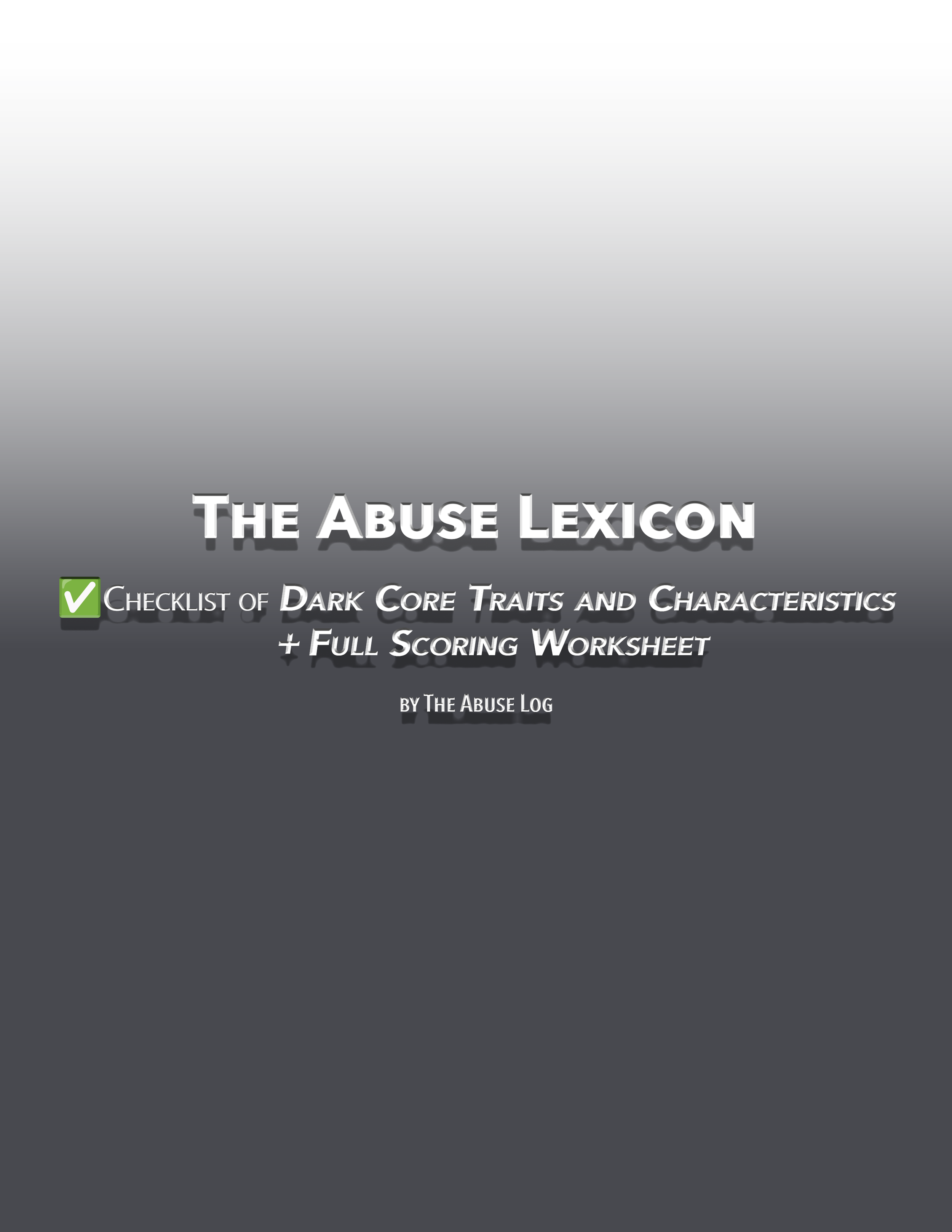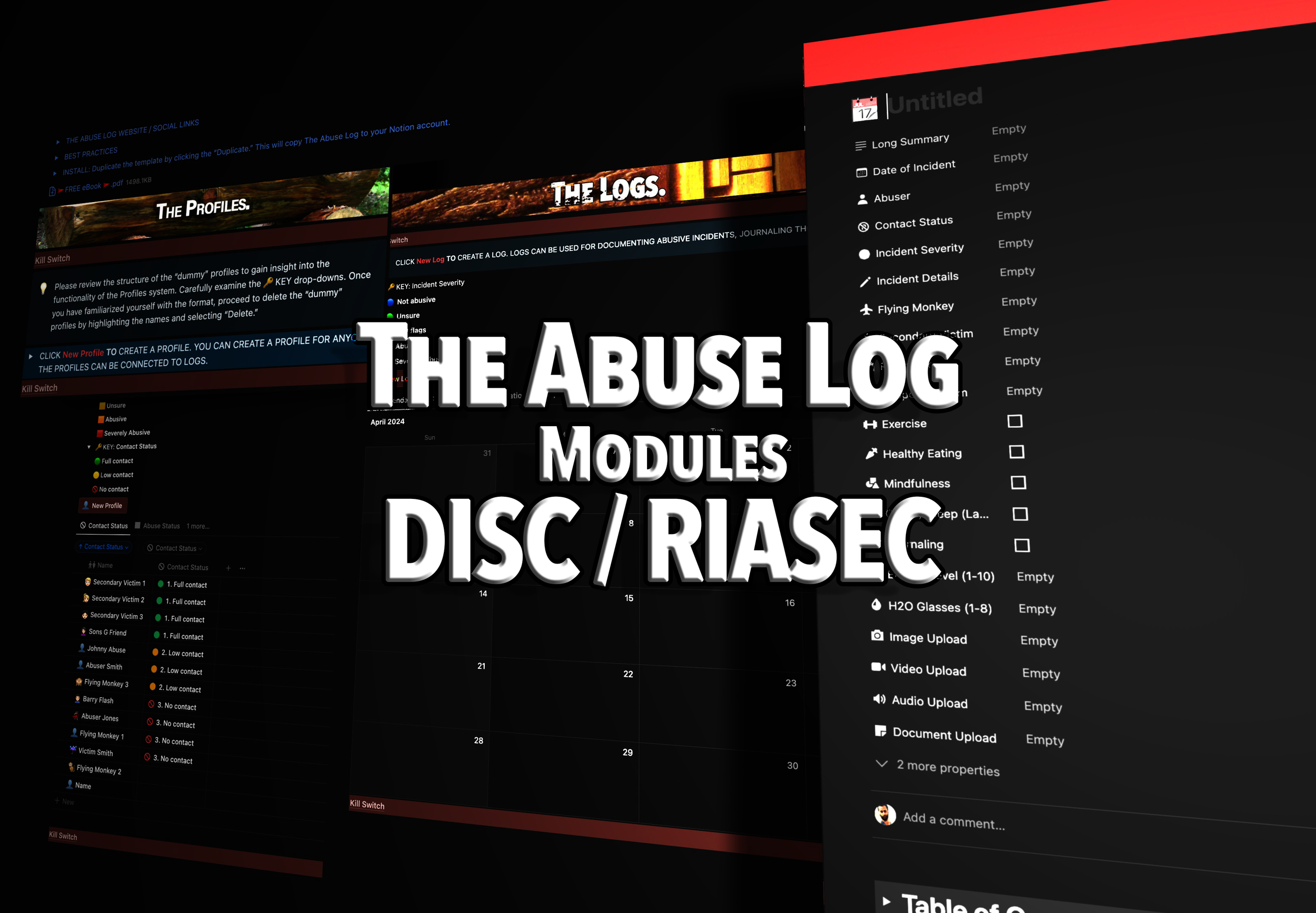Munchausen syndrome in Narcissistic Families
Narcissistic parenting is a complex and often damaging style of parenting that can leave children dealing with lasting psychological scars. Within the context of narcissism, children frequently endure experiences of passive parenting, parentification, infantilization, and parental alienation. These dynamics create environments ripe for the development of factitious disorders, including Munchausen Syndrome and Munchausen Syndrome by Proxy (MSBP). This blog post explores the intersecting impacts of these factors and how narcissistic parenting can foster intergenerational cycles of manipulation, dependency, and mental health issues.
Understanding Passive Parenting and Narcissism
Passive parenting, as one of the four parenting styles identified in developmental psychology (alongside authoritative, authoritarian, and permissive), is characterized by a lack of guidance, minimal involvement, and little oversight. Passive parents often struggle with setting boundaries, enforcing rules, or providing a structured environment. In narcissistic families, passive parenting manifests as emotional neglect; parents may ignore their children’s needs in favor of their own desires or ego, leaving children to fend for themselves emotionally.
Narcissistic parents are often absorbed in their self-image and may use a passive approach to avoid responsibility while still maintaining control. This passivity places a heavy emotional burden on the child, forcing them to either assume adult responsibilities prematurely or constantly seek validation and approval in a confusing emotional landscape. Over time, passive parenting by a narcissistic parent creates a foundation where children become increasingly vulnerable to emotional and psychological manipulation.
Parentification: The Child as Caregiver
Parentification is a form of role reversal where a child is forced into the role of a caregiver for their parent, often due to the parent’s emotional unavailability or self-absorption. This phenomenon is prevalent in narcissistic families, where the parent expects the child to fulfill their emotional or practical needs.
There are two primary forms of parentification:
Emotional Parentification: The child becomes an emotional confidant for the parent, absorbing their stresses, anxieties, and insecurities.
Instrumental Parentification: The child takes on adult responsibilities, such as household chores, caring for siblings, or managing finances, effectively “parenting” the family.
Parentification is emotionally draining and causes children to lose their childhoods, burdened by responsibilities that are not developmentally appropriate. The child’s need for nurturing and emotional support goes unfulfilled, leading to feelings of abandonment, low self-worth, and chronic anxiety. Over time, the child may grow up with a compulsion to over-extend themselves emotionally, becoming overly accommodating or dependent on external validation.
Infantilization: Keeping the Child Dependent
Infantilization is another manipulation tactic narcissistic parents use to keep their children dependent. Through infantilization, the parent deliberately undermines the child’s autonomy and ability to mature, often presenting the child as helpless, incompetent, or emotionally immature. Infantilizing behaviors may include refusing to let the child make decisions, over-monitoring their activities, or doing tasks for them that they are capable of handling themselves.
By keeping the child in a perpetual state of dependency, narcissistic parents reinforce their own sense of control while undermining the child’s self-confidence and independence. Infantilization prevents children from developing self-efficacy and can lead to feelings of inadequacy, stagnation, and frustration well into adulthood.
The dynamics of parentification and infantilization often intersect in complex ways. For instance, a child who is parentified may also be infantilized in certain aspects of their life, creating confusion and a constant need to appease the parent. This push-and-pull dynamic leads to psychological conflict, leaving the child feeling torn between wanting to grow up and fearing the loss of parental approval.
Parental Alienation: Fostering Division for Control
Parental alienation is a tactic whereby one parent manipulates a child into rejecting or mistrusting the other parent. Narcissistic parents often use this strategy to exert control over the child and prevent the formation of independent relationships outside of the narcissist’s influence. This is commonly achieved through tactics like badmouthing the other parent, making false accusations, or guilt-tripping the child into taking sides.
Parental alienation fosters an “us vs. them” mentality and instills a sense of loyalty toward the narcissistic parent while demonizing the other. Children who experience parental alienation are often led to believe that the targeted parent is unreliable, dangerous, or unloving. This can fracture family bonds and leave the child with an altered perception of reality, unable to develop an authentic sense of self and relationships.
In the long term, parental alienation leaves children feeling isolated, confused, and emotionally torn. This manipulation reinforces dependency on the narcissistic parent, ensuring that the child’s primary attachment remains with them and making it even harder for the child to seek external validation or support.
Factitious Disorders and Narcissistic Parenting: Munchausen Syndrome and Munchausen by Proxy
Factitious disorders, including Munchausen Syndrome and Munchausen Syndrome by Proxy (MSBP), are characterized by deliberately fabricated or exaggerated illnesses, either in oneself or others, to gain attention, sympathy, or a sense of control. In narcissistic families, these disorders can take on unique forms and propagate across generations due to the toxic dynamics of manipulation, attention-seeking, and control.
Munchausen Syndrome by Proxy (MSBP) and Narcissistic Parenting
In MSBP, the narcissistic parent fabricates or induces illness in their child to seek attention and admiration from others, portraying themselves as a devoted caregiver. This form of abuse is particularly pernicious because it violates the child’s autonomy and uses them as a tool for the parent’s self-serving needs. Children subjected to MSBP may undergo unnecessary medical interventions and suffer physical and psychological harm, reinforcing the child’s dependency and sense of inadequacy.
In narcissistic families, MSBP can serve as a tool of manipulation, where the narcissistic parent gains social sympathy, reinforcing their “selfless” image and validating their need for control over the child. The child grows up with a distorted sense of self, feeling defined by illness or helplessness, which can later manifest as their own factitious behaviors as a means of seeking attention or validation.
The Intergenerational Transmission of Factitious Disorders and Narcissistic Abuse
The intersection of passive parenting, parentification, infantilization, parental alienation, and factitious disorders creates a destructive environment for children, perpetuating cycles of psychological abuse and dependency across generations. Here’s how narcissistic parenting can foster intergenerational factitious disorders:
1. Learned Behavior and Modeling
Children of narcissistic parents learn to prioritize the narcissist’s needs and adopt the same tactics to gain attention or approval. A child who is constantly reminded of their own incompetence or helplessness may internalize these beliefs, developing their own factitious behaviors to seek validation. This can lead to a form of “reverse MSBP,” where the child, now an adult, exaggerates or fabricates their own ailments as a means of recreating the attention dynamic established by their narcissistic parent.
2. Perpetuation of Dependency
By using parentification and infantilization, narcissistic parents create an environment where children are taught to seek validation through dependency. This dependency may later manifest as attention-seeking behavior or exaggeration of health issues. The adult child, conditioned to equate care with control, may engage in factitious behaviors or Munchausen Syndrome as a way to maintain social ties and validate their own importance.
3. Emotional Invalidation and Escalation of Factitious Behaviors
Narcissistic parents often invalidate their children’s emotions, making them feel as though their needs are unworthy or excessive. This constant invalidation fuels the child’s need for affirmation. In adulthood, they may turn to factitious disorders as a way to express the unaddressed emotional pain and insecurity instilled in them. Factitious disorders, in this sense, become a maladaptive way of seeking the attention and empathy they were denied in childhood.
Healing from Narcissistic Family Dynamics and Breaking the Cycle
Breaking the intergenerational cycle of narcissistic abuse and factitious disorders requires awareness, therapeutic intervention, and a commitment to healing. Here are some steps toward breaking free from the damaging impact of narcissistic parenting:
1. Acknowledging and Validating Personal Experiences
Children of narcissistic parents often grow up questioning their own reality. Acknowledging that manipulation, parentification, infantilization, and other abusive behaviors were not normal or deserved is the first step toward healing. By recognizing the impact of these behaviors, individuals can begin to redefine their self-worth outside of the validation-seeking dynamic instilled by their parents.
2. Establishing Boundaries and Gaining Independence
To counteract infantilization and parentification, survivors must develop boundaries that foster independence and personal autonomy. Practicing self-care, making independent decisions, and learning to assert one’s needs without fear of guilt or punishment are essential steps in regaining control over one’s life.
3. Therapeutic Intervention
Therapy is invaluable for survivors of narcissistic abuse, particularly modalities like trauma-informed therapy or cognitive-behavioral therapy (CBT). Therapy provides a safe space to unpack the emotional scars left by parentification, parental alienation, and infantilization, as well as to address factitious tendencies or attention-seeking behaviors rooted in unmet childhood needs.
4. Building Healthy Relationships and Support Networks
Individuals who grew up in narcissistic families often struggle with trust and fear vulnerability in relationships. Rebuilding a healthy support network of individuals who provide empathy, respect, and encouragement can help counteract








![The Abuse Log Notion Template [Basic]](https://images.squarespace-cdn.com/content/v1/65b9553c448d7e5b0ec1dfcd/4c83e581-b720-4cbe-83b1-2d72e7a9ac8a/Logo+Gumroad-Basic.png)
![The Abuse Log Notion Template [Advanced]](https://images.squarespace-cdn.com/content/v1/65b9553c448d7e5b0ec1dfcd/c3bb150a-a911-4f91-a23e-3621b98a2d55/Logo+GumroadAdvanced.png)
![The Abuse Log Notion Template [Professional]](https://images.squarespace-cdn.com/content/v1/65b9553c448d7e5b0ec1dfcd/7fa18cea-edf4-4325-8234-13f3527579c2/Logo+GumroadProfessional.png)














































